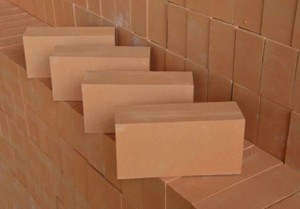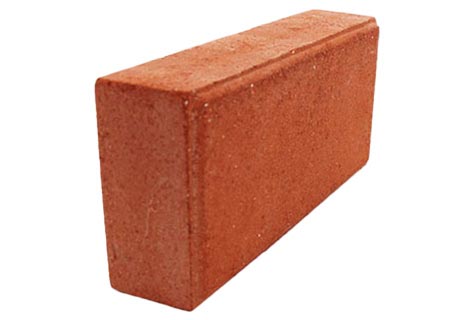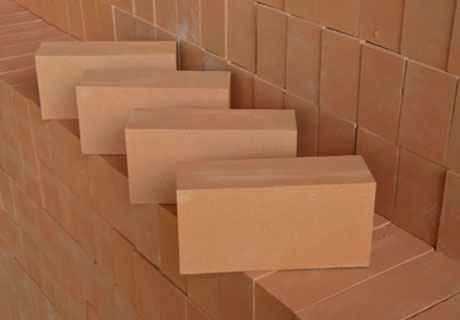
Brief Introduction
Diatomite bricks are also called diatomite insulating bricks. The main raw material is natural porous diatomaceous earth, and a small amount of combined clay and combustible materials are added. Diatomite insulation bricks have fine closed pores, high porosity, good thermal insulation performance, but low mechanical strength, especially after being damp, the strength is significantly reduced. Its main chemical composition is SiO2, followed by Al2O3, and impurities such as iron, potassium, sodium, calcium, and magnesium oxides.
Diatomaceous earth bricks refer to insulation products made of porous diatomaceous earth. The bulk density of diatomite bricks is 0.7g/cm3, and the compressive strength at room temperature is 1~2MPa. The thermal conductivity at 400°C is 0.13~0.20W/(m·K). The apparent porosity is greater than 70%, the thermal expansion coefficient (at 1280°C) is 0.9×10-6°C-1, and the refractoriness is greater than 1250°C.
According to the complexity of the shape, it is divided into standard type, general type, special type, and special type. Divided into 6 types according to bulk density, the range of bulk density: 0.4~0.7g/cm3.
Technical Datas
| Items | GG-0.7A | GG-0.7 | GG-0.6 | GG-0.5 | GG-0.4 |
| Bulk Density g/cm3≤ | 0.7 | 0.7 | 0.6 | 0.5 | 0.4 |
| Cold Crushing Strength Mpa≥ | 2.5 | 1.2 | 0.8 | 0.8 | 0.8 |
| Test temperature ℃ (Reburn Line Changes ≤2%, Moisturizing 8h) | 900 | 900 | 900 | 900 | 900 |
| Thermal Conductivity W/m.k (300℃) ≤ | 0.20 | 0.20 | 0.17 | 0.16 | 0.13 |
Application
Diatomite brick is mainly used as thermal insulating refractory materials for industrial kilns and other thermal equipment and thermal pipelines. Generally, the temperature of the hot surface is about 1000℃.


